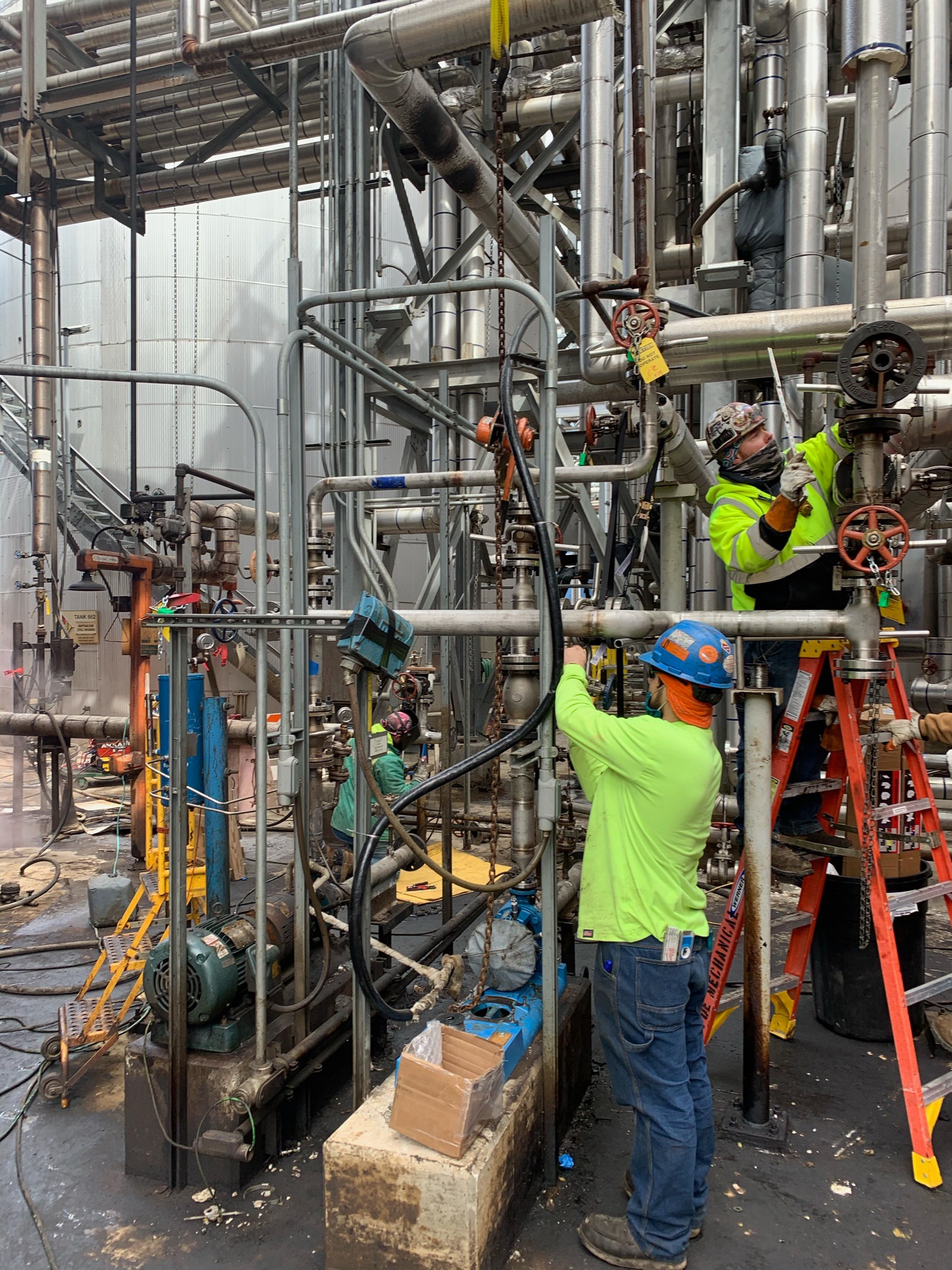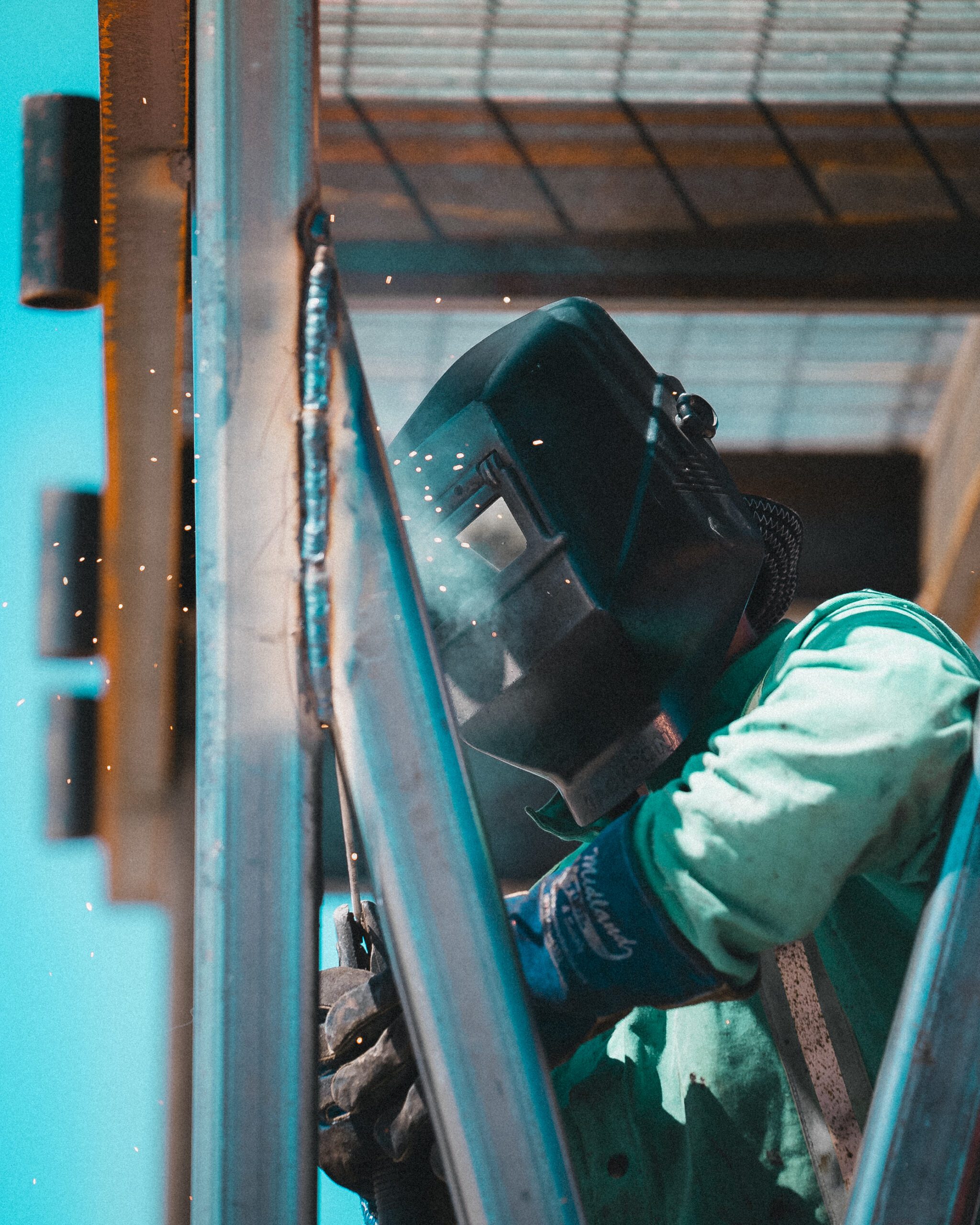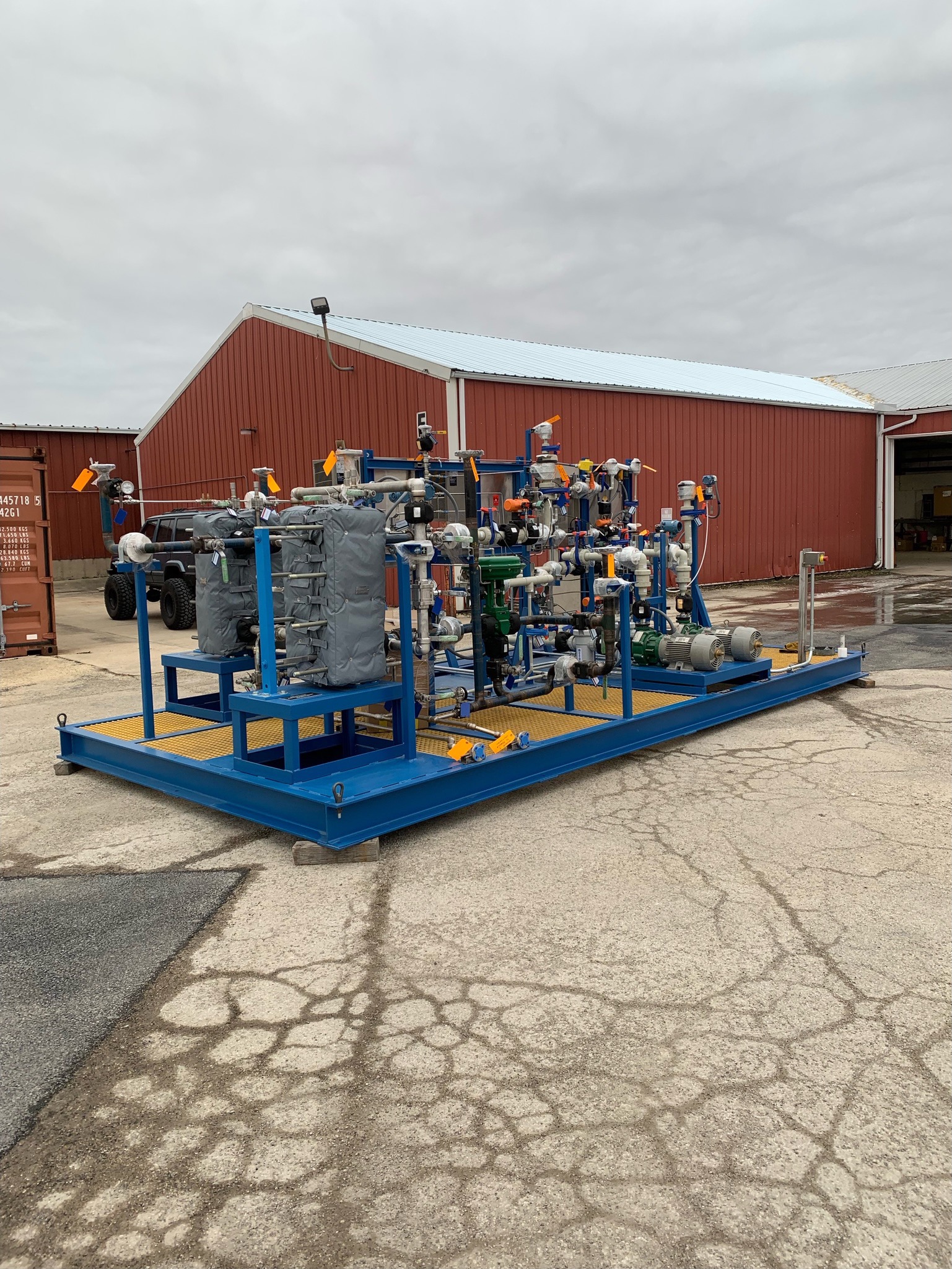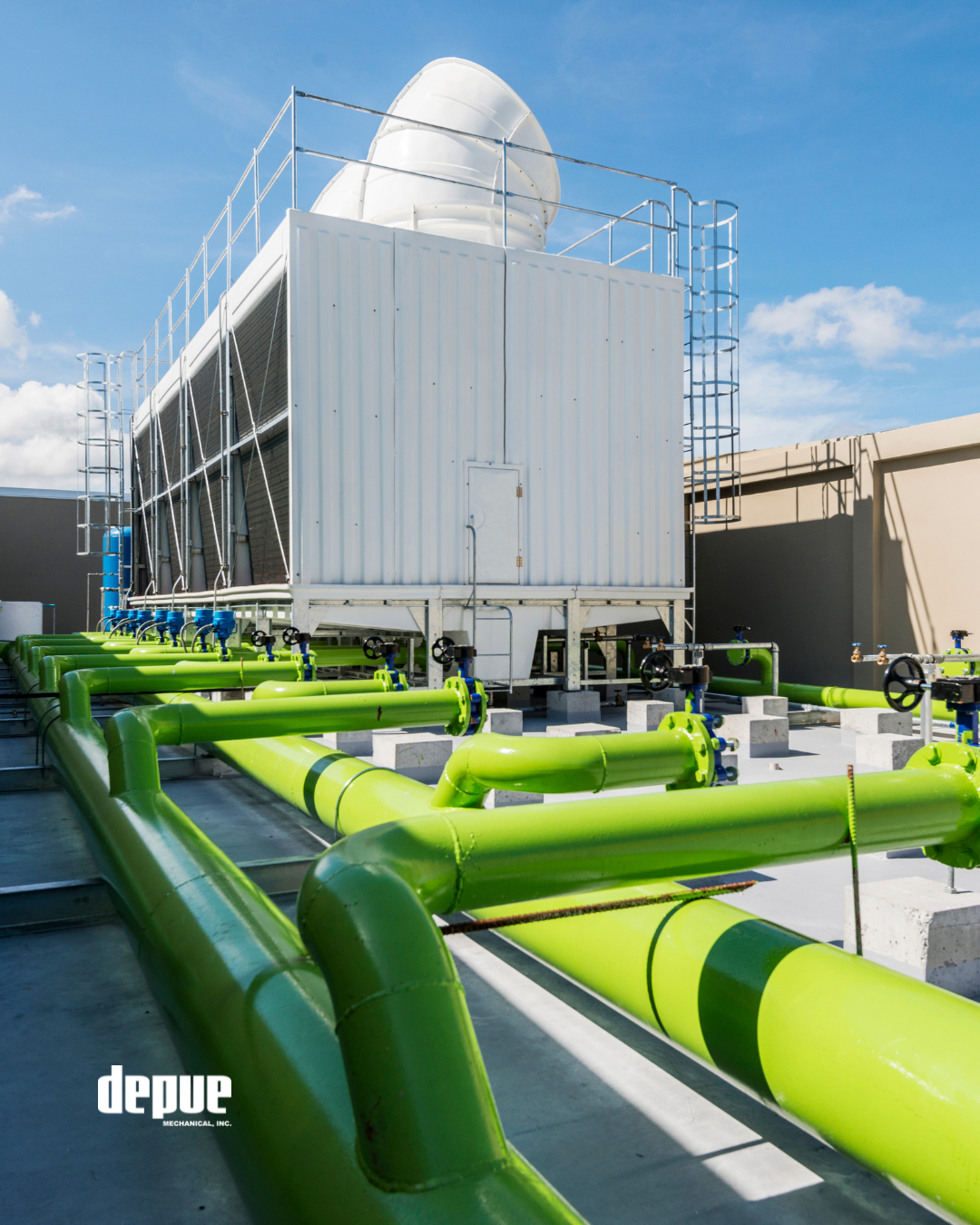Refineries and chemical processors face numerous challenges in their operations, ranging from rising operational costs to compliance with regulations and maintaining aging infrastructure. To tackle these challenges effectively, industry professionals rely on standards and codes that define best practices and ensure safety, reliability, and compliance. One such important code is the B31.3 Process Piping Code. In this blog post, we will explore the key challenges faced by refineries and chemical processors and discuss how the B31.3 Process Piping Code, along with the expertise of DePue Mechanical, can help address these challenges.
Key Challenges for Refineries and Chemical Processors:
- Increasing operational costs: Refineries and chemical processors are under constant pressure to manage operational costs effectively. From energy costs to raw material expenses and labor costs, finding ways to optimize resources and reduce expenditures is crucial for improving profitability.
- Compliance with regulations: The refining and chemical processing industries are subject to stringent regulations related to environmental protection, health and safety, and product quality. Staying up-to-date with these regulations and ensuring compliance can be a complex and time-consuming process.
- Maintenance and reliability: With a vast network of equipment and infrastructure, refineries and chemical processors must prioritize regular maintenance and inspections. Ensuring the reliability and efficiency of these assets is essential for minimizing downtime and maximizing productivity.
- Aging infrastructure: Many refineries and chemical processing facilities have aging infrastructure that requires upgrades or replacements. Modernizing these systems can be a significant undertaking, requiring careful planning, skilled labor, and adherence to industry standards.
- Technology advancements: The refining and chemical processing industries are constantly evolving, with new technologies and processes emerging. Adopting these advancements can lead to increased efficiency, cost savings, and improved environmental performance, but integrating them into existing operations may require expertise and careful planning.
How the B31.3 Process Piping Code Helps:
The B31.3 Process Piping Code, developed by the American Society of Mechanical Engineers (ASME), plays a crucial role in addressing the challenges faced by refineries and chemical processors. Here are the key benefits it provides:
- Safety and reliability: The B31.3 Code establishes minimum requirements for design, fabrication, installation, inspection, and maintenance of process piping systems. By adhering to these standards, refineries and chemical processors can ensure the safety and reliability of their piping systems, reducing the risk of accidents and operational disruptions.
- Compliance with regulations: The B31.3 Code helps refineries and chemical processors navigate complex regulatory landscapes by providing guidelines that align with industry practices and regulatory requirements. Following this code helps ensure compliance and demonstrates a commitment to safe and sustainable operations.
- Consistency and standardization: The B31.3 Code promotes uniformity and consistency in the design, construction, and operation of process piping systems. Adhering to these standards enhances communication, simplifies project management, and facilitates the exchange of information among different stakeholders, leading to more efficient and effective operations.
- Quality control and inspections: The B31.3 Code emphasizes proper inspection, testing, and quality control measures throughout the life cycle of process piping systems. Regular inspections help identify potential issues, ensuring that the systems are built and maintained to meet quality standards, thereby reducing the risk of failures and costly repairs.
- Expert guidance and best practices: The B31.3 Code is developed by industry experts and incorporates best practices based on years of experience. By following this code, refineries and chemical processors can benefit from the latest knowledge, methodologies, and recommendations for process piping systems, ultimately improving their operations and performance.
How DePue Mechanical Can Help:
As a leading mechanical contractor, DePue Mechanical has the expertise and experience to assist refineries and chemical processors in meeting the challenges posed by the industry. Our comprehensive range of services, including boiler code welding, industrial piping, commercial HVAC, sheet metal, skid fabrication, and design services, allows us to provide end-to-end solutions for your project needs.
With a team of recognized industry professionals, including ASME-certified welders, we ensure safety, productivity, and professionalism in all our projects. Our commitment to customer success, combined with 16 years in the business, hundreds of completed projects, and dozens of satisfied clients, reflects our dedication to delivering high-quality results.
To learn more about how DePue Mechanical can help your refinery or chemical processing facility, visit our website at www.depuemechanical.com. Contact us today to discuss your project requirements and find the right solutions for your specific challenges.
Conclusion:
Refineries and chemical processors face several challenges in their operations, from managing costs and compliance with regulations to maintaining infrastructure and adopting new technologies. The B31.3 Process Piping Code provides a set of guidelines and standards to ensure safety, reliability, and compliance in process piping systems. With the expertise of DePue Mechanical, a trusted mechanical contractor, refineries and chemical processors can effectively address these challenges and achieve optimal operational performance. Contact DePue Mechanical today to learn more about how we can assist in your project requirements and help you navigate the complexities of the industry.



